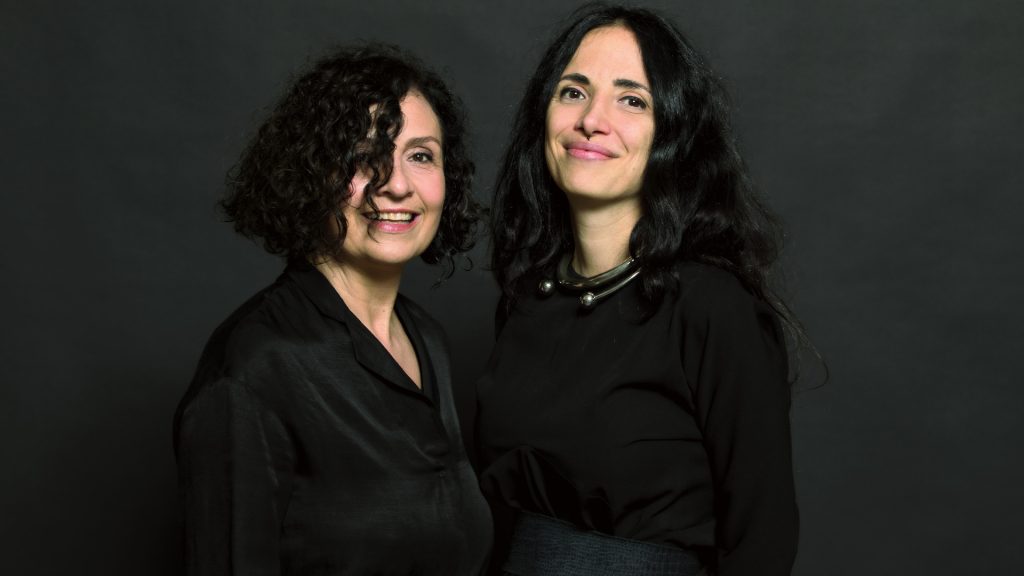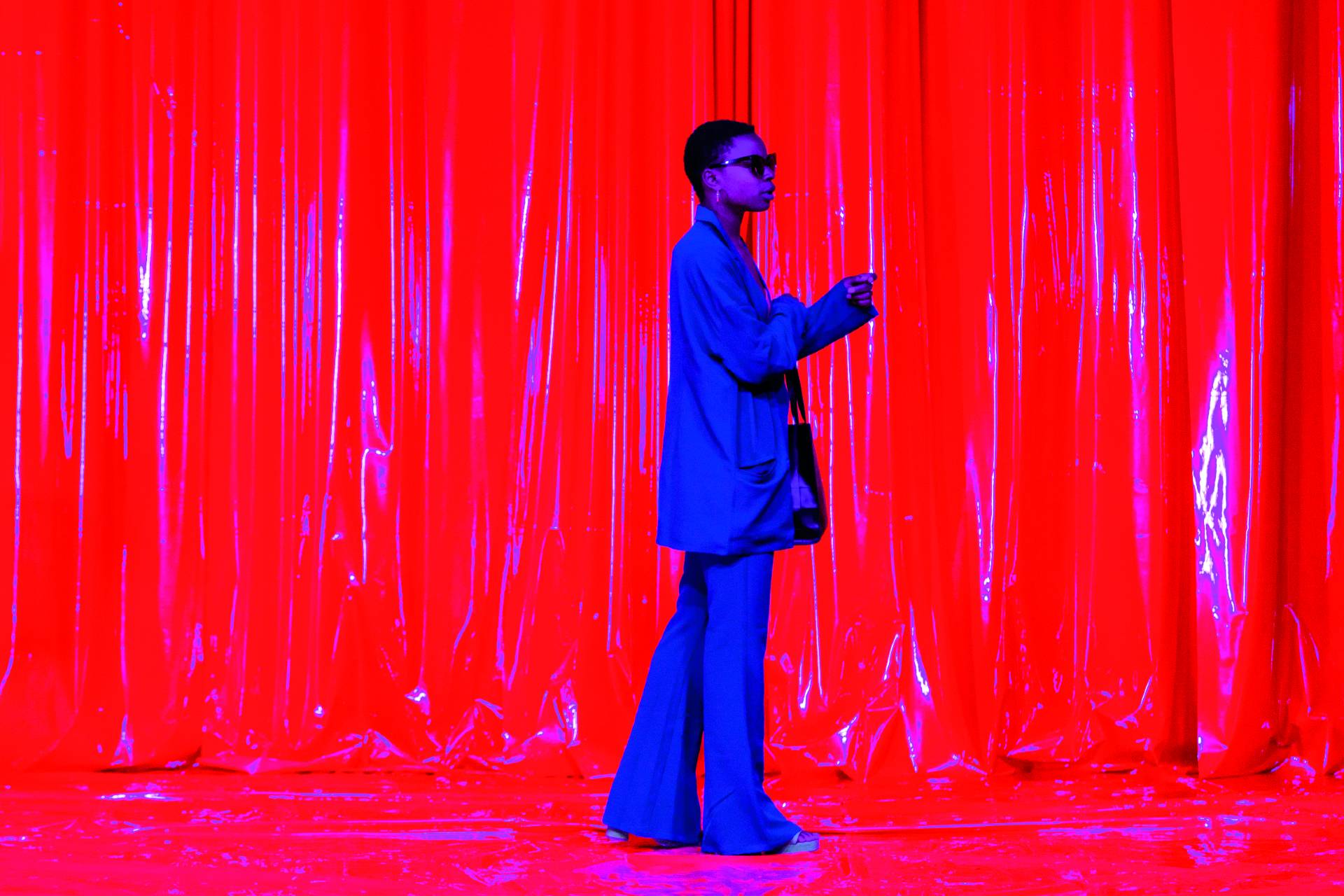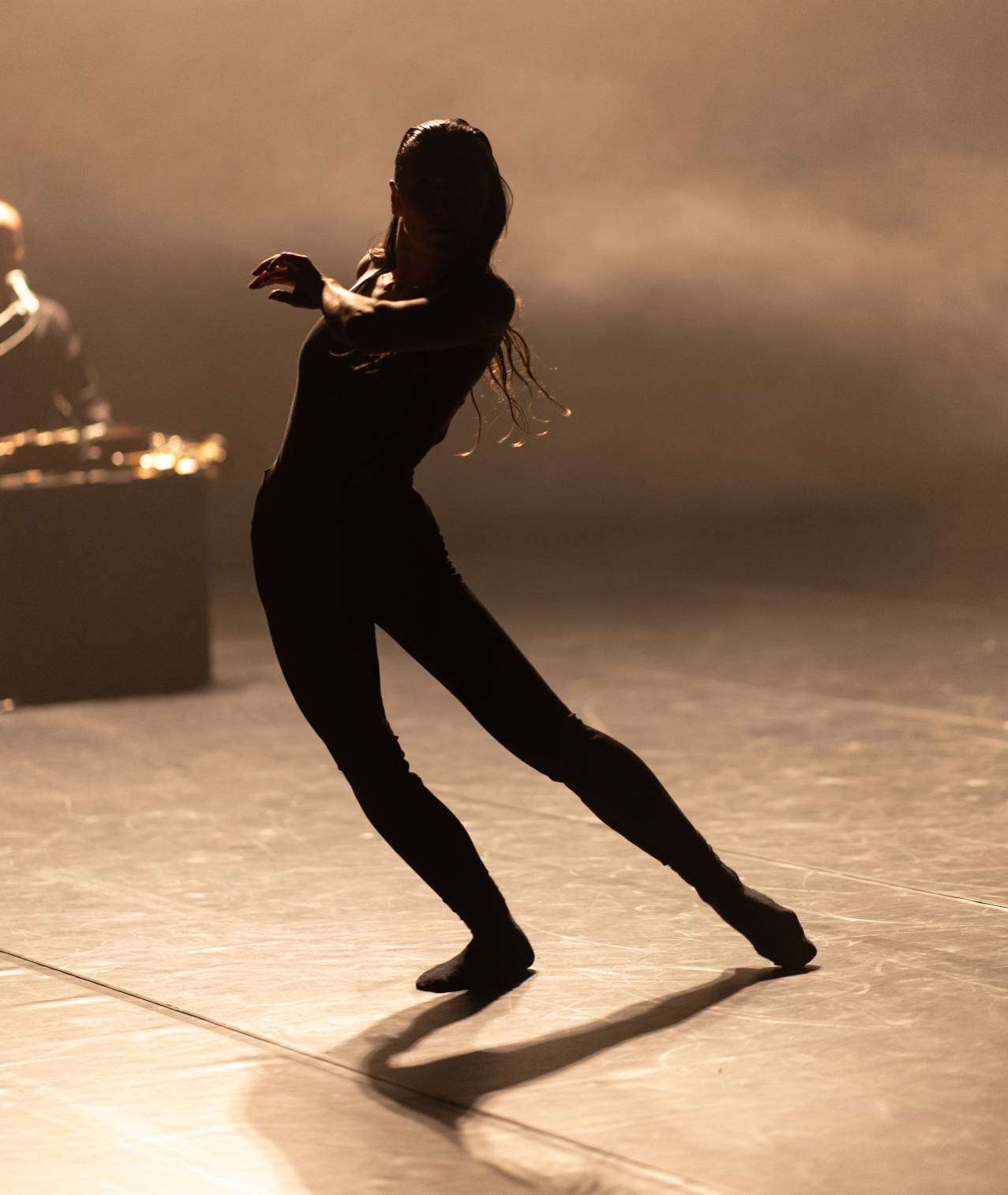
Theatre programme Asteroide Amor is now at its second edition. The product of virtuous synergy of established theatre professionals, it involves the two local universities as well as the Teatro Stabile del Veneto. Its goal is to offer Venice, and Venetian youth in particular, a choice of shows that are representative of modern Italian and international theatre as well as a tool to reflect on our world.
Much like real-life Amor asteroids, which brush the Earth’s orbit, the shows in the programme visit a number of different places around town, connecting different worlds. Company Muta Imago, Scottish performer Genevieve Murphy, and Chilean artist Manuela Infante will visit between April and May.
Your curatorial line
Susanne Franco: Our work at university comprises teaching, research, and what is called our ‘third mission’, meaning all those activities whose goal is to popularize the results of our research, extra-academic education, and liaising with society to make sure there’s always an open relationship between universities and localities. Theatre is one of the most effective tools to do so, and we are lucky we can make use of Ca’ Foscari’s theatre, which has a very long history. Asteroide Amor is the chance we need to maximize the presence of Ca’ Foscari Theatre at Santa Marta by expanding our reach in Metro Venice and inviting new companies and new artists. This year, for example, we gave space to environmental issues, which at Ca’ Foscari are the object of study of several majors and research programmes. In particular, we have been working with The New Institute – Centre for Environmental Humanities. As an educator and curator, I think these shows are precious chances to expose theatregoers to a sensorial and emotional experience on important questions and issues, a stimulus for reflection. My hope is that we can do something to make everybody more aware and more willing to act collectively to face the future.
Annalisa Sacchi: Our major in Theatre and Performance Arts At IUAV University is renowned around the continent. We have been among the first to introduce curatorial studies in the field of performance art, for example, and in general such themes as decolonization, energy policy, and gender studies are central in our curriculums. We work with practicing professionals, too: every year, international artists and companies as well as professional curators participate in teaching. We see it everywhere: the relationship between art, education, and curatorship is generative and necessary, even within educational institutions.

Asteroide Amor – where does it come from?
AS: Theatre has always been an alien body, both very close and very foreign to the world. Even when we see a performance original written by the imagination of an author who lived 2600 years ago, we are still able to find something familiar in it. This was our starting point. Giacomo Covacich, creative director at B.R.U.N.O. and creator of the image of Asteroide Amor – came up with the title. These celestial bodies come very close to the Earth’s orbit, though never touch it. A proximity of affection (amor) at cosmic-level distances.
SF: These Asteroids are worlds beyond our world. They are eternally close and eternally foreign. They invite us to shift our observation point and experience new, original visions. My impression is that that’s what theatregoers feel when they watch a show that is different from what they are used to, precisely because they originated in different contexts and from ongoing artistic research. What we bet on is they’ll come and put themselves into play once more.
Diverse shows, big names, and new audiences
AS: Giovanni Dell’Olivo, the director of Fondazione di Venezia, maintained that our goal was to address a younger public, which is why we have been working with universities. We must be clearer, though, on what we mean when we say we address younger audiences, and be able to give answers to their questions. A theatre project that addresses youth is not a way to bring youths to the theatre, and show them cultural modules that have nothing to say to them. Young people wouldn’t go, and they would be right. What is to be done is to create a programme that is essentially all about what excites our present and determines our future. It means being able to read and translate existing works so that everybody can appreciate them. We love it when we see our audience discuss what they saw, extend their theatre experience, and include others.
SF: For us who live and work in Venice, seeing our theatres full of students and young people is a signal that our city really exists and lives, no matter what alarming pieces of news say. To involve those audiences is a primary goal of ours, especially in the delicate context of a population that is on average older and physical spaces smaller. Our idea to run our programme in different venues is a way to intercept different audiences and make them interact. In this sense, Asteroide Amor works as a chemical reactant. We are looking at positive outcomes.

New performative languages
AS: There’s the Biennale and some other programmes (Palazzo Grassi, Ocean Space), but that’s as far as it goes if we are talking modern creations. At the same time, the infrastructure that would be needed to breed a new, younger generation of artists who work with dance and performance art are limited in town. To sustain an ecosystem of students, artists, researchers, and public, it is essential to create the conditions for a continuous social network. Asteroide Amor is our attempt to do so.
SF: Asteroide Amor is part of a list of programmes of theatre events in Venice. I’m thinking of the Fondamenta Nuove Theatre, which has been a reference point and a meeting place for amazing discoveries. Its audience recognize themselves as part of a community. Old and new points of view mix, and end-of-show commentary serves to rehash the past, question the present, and imagine the future. I couldn’t be happier that Asteroide Amor is taking place right here, right now.